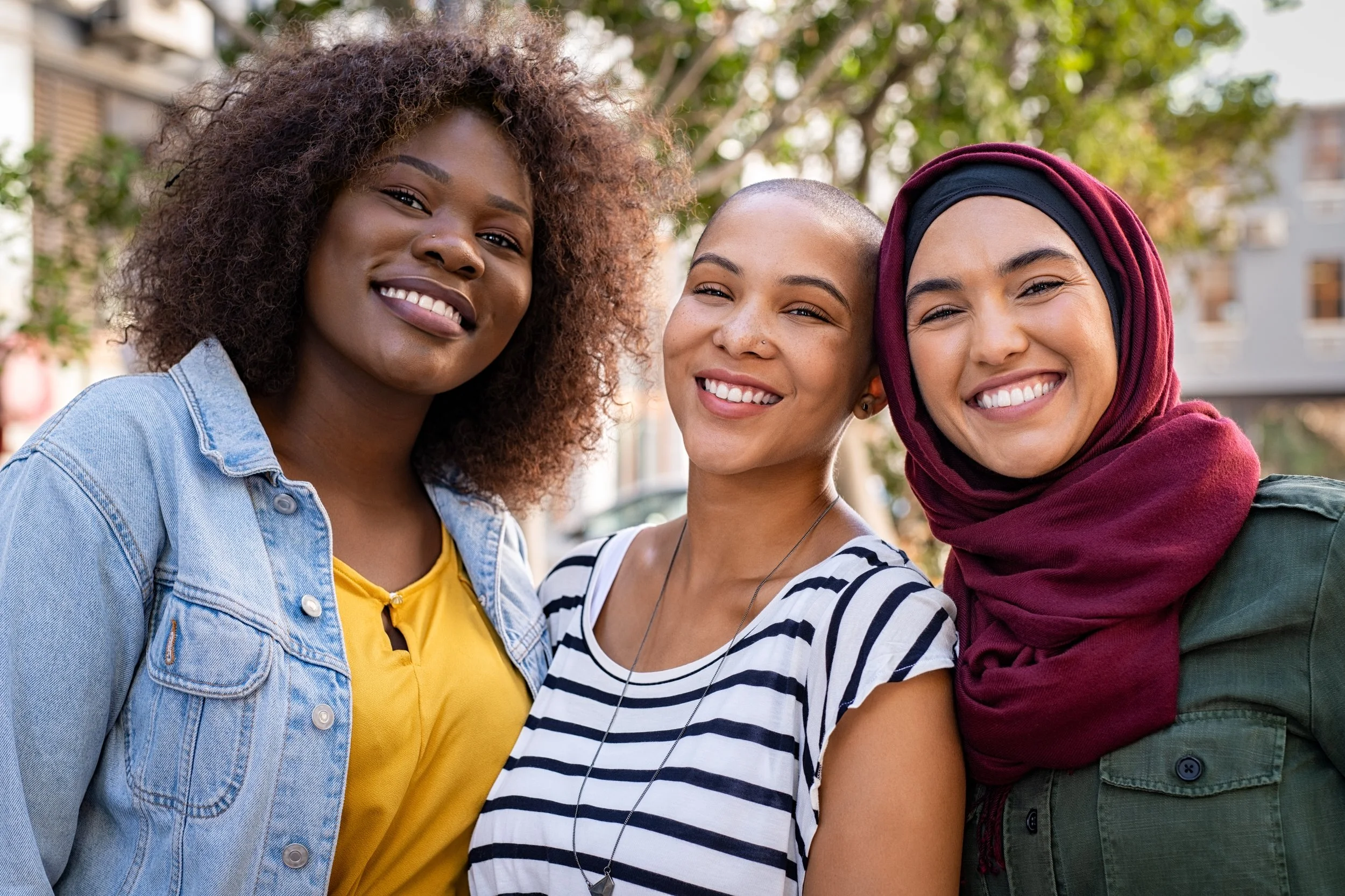“
JANUARY 2022
U.S. immigration and welfare policies have limited access to the public safety net for many lawfully present immigrants for over two decades, including an arbitrary five-year waiting period—often referred to as the “five-year bar”—for some programs that delays crucial access to life-saving benefits and services for immigrant communities.
Congress now has the opportunity to remedy these harms and take a critical step towards protecting immigrant survivors. Congress must pass the LIFT the BAR Act, H.R. 5227, introduced by Rep. Pramila Jayapal (D-Wash.) and other co-sponsors.
Congress Must Take This Critical Step to Protect Immigrant Survivors
Ms. Magazine / Read Full Article
“
august 2021
But it might take a while for the fund to trickle down to local organizations struggling to survive, according to Grace Huang, the policy director at the California-based Asian Pacific Institute on Gender-Based Violence.
“It might be next year before the fund is replenished and can get to local programs,” Huang said. “The reality is that survivors need access to financial support now to be able to escape abuse.”
Undocumented immigrants who survive domestic abuse face additional barriers to help during COVID-19
The Columbus Dispatch / Read Full Article
“
july 2021
For immigrant survivors, the victimization goes beyond incarceration and frequently begins early in their lives. Many have “a long history of trauma,” especially when they arrive as refugees and asylum-seekers, said Grace Huang, director of policy at the Asian Pacific Institute on Gender-Based Violence, a resource center on domestic abuse and exploitation. Once in the U.S., she added, many experience racism, poverty, and challenges such as language barriers.
Immigrant domestic violence survivors are re-victimized by the state
PRISM / Read Full Article
“
May 2021
When Blanca*, a survivor and member leader with Mujeres Unidas y Activas, learned of Sessions’s ruling she was outraged. “I fled my home in Guatemala to save my life and my children’s,” she said. “Suggesting that domestic violence is a ‘private’ matter is an expression of patriarchal power that justifies violence against us, just like my abuser and the government in my home country did.”
Asylum Seekers, Advocates Urge Garland to End Trump’s Cruel Policies Towards Survivors
Ms. Magazine / Read Full Article
“
april 2020
Immigrant survivors were already afraid to contact the police or pursue legal action against their abusers due to ongoing deportation threats and harmful policies that target immigrant communities. Now, our clients—many of whom do not have health insurance—are even more fearful to reach out for medical care if they or their families were to get sick, making all communities less safe.
For Immigrant Survivors, the Coronavirus Pandemic is Life-Threatening in Other Ways
Ms. Magazine / Read Full Article
“
april 2020
Margarita Guzmán, the executive director of the Violence Intervention Program, said that the focus on survival and added hurdles for many victims means the pandemic’s toll
will not emerge for months.
“Folks are just in a bit of a frozen place,” she said. “The second the orders start being loosened is when we know that we are going to get a spike of people who are reaching out for services.”
Why a Drop in Domestic Violence Reports Might Not Be a Good Sign
The New York Times / Read Full Article
“
february 2020
Yolanda is undocumented...Congress created a program intended to encourage immigrants like her to come forward about heinous crimes like this one: the U-visa, for crime victims who assist law enforcement.
She still agonized about whether to apply... But lawyers said she had a slam-dunk case. Then, unexpectedly, the feds rejected her application. Why? Because … her youngest son doesn’t have a middle name.
This latest trick from the Trump administration is one of the most despicable yet
The Washington Post / Read Full Article
“
February 2019
She watched mothers reunite with their children, and waited her turn. Her turn never came…Finally, after 246 days apart, Vilma was finally released from detention and reunited with her daughter.
Vilma’s Story of Detention, Separation, and Reunification
Read Full Story
“
January 2018
Before Laura crossed the McAllen-Hidalgo International Bridge into Mexico, she turned to the Border Patrol agent supervising her return to Mexico. “When I am found dead,” she told him, “it will be on your conscience.”
When Deportation Is a Death Sentence
New Yorker / Read Full Article
“
June 2017
On the morning after Gloria’s arrest, April 22, 2010, Evelyn, Yesi, Angel, and Briza pulled on their backpacks and left for school. They made a pact not to say a word to anyone — not their friends, not their teachers, not the kids at church.
Losing Gloria
The California Sunday Magazine / Read Full Article

